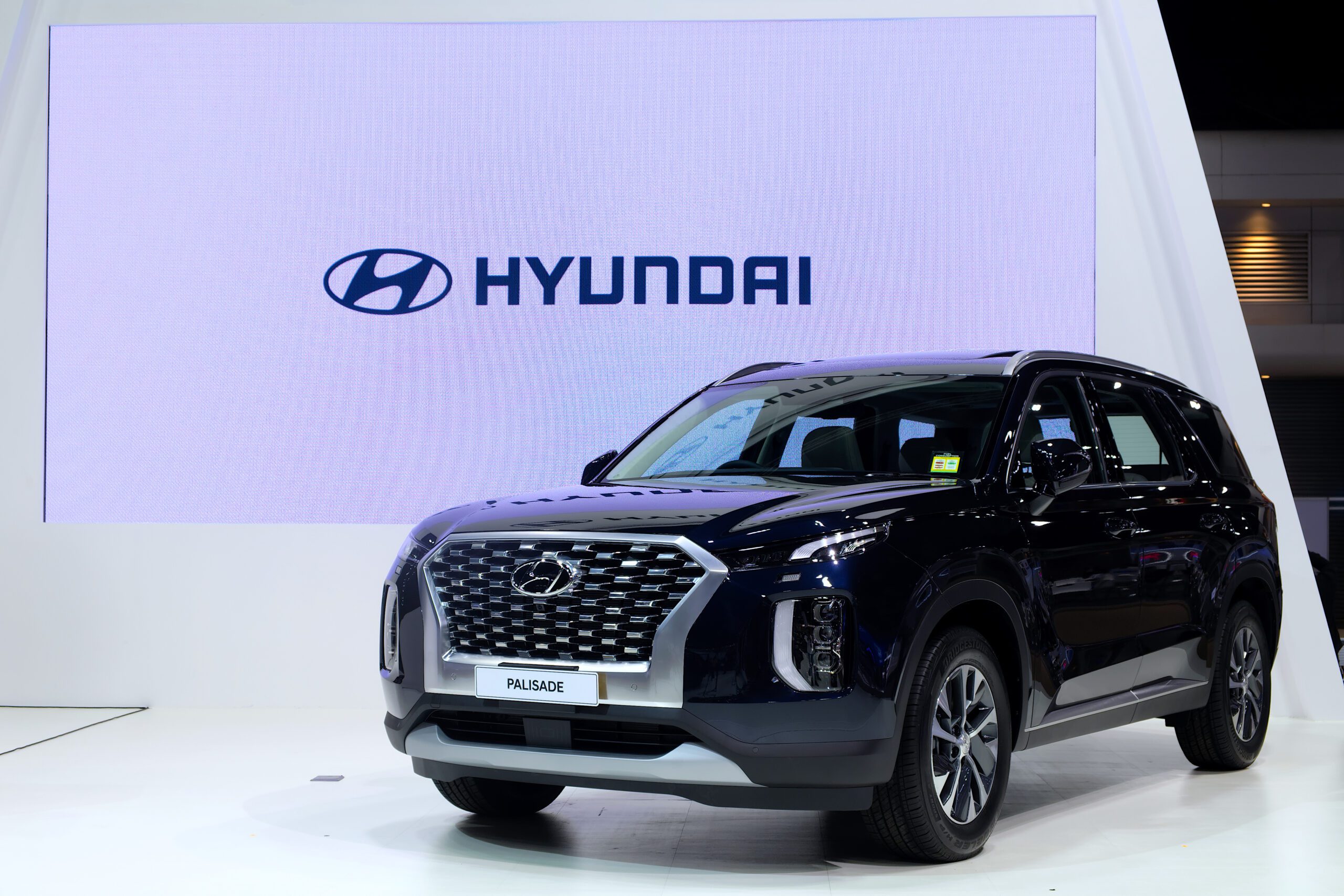A class action lawsuit contends the headlights in certain Hyundai vehicles contain defective headlights, presenting significant safety hazards. Specifically, the plaintiffs claim they insufficiently seal out moisture and humidity, which allows moisture and condensation in the headlight assembly. This alleged defect causes the light output to be dimmed; the high beams to fail to properly light; and the headlights to become fogged and unfocused. Thus, the plaintiffs claim, drivers are unable to see properly while driving, such as in inclement weather, driving at night, or in the face of potential hazards, such as pedestrians or animals on the road.
The lawsuit contends although defendants sold the class vehicles with New Vehicle Limited Warranties that purported to cover headlights, owners and lessees have complained they are charged for repair even during the warranty period. The defect also reportedly occurs within and just outside the express warranty periods.
The plaintiffs raise claims including violation of state consumer laws, breach of warranty, fraudulent concealment/omission, and unjust enrichment. The complaint, filed in December 2022, identifies the Class Vehicles as “2020-present Kia Telluride vehicle[s] [and] 2020-present Hyundai Palisade vehicle[s].”
The lawsuit seeks remedies including an order certifying the proposed class and subclasses and designating the plaintiffs as named class representatives. The plaintiffs also seek an order regarding the further sales and recall of the class vehicles, as well as damages and attorney fees. Filing a complaint is the first of many stages in a class action lawsuit.
The case is Patrick Maranda, et al. v. Hyundai Motor America, Inc., case number 8:22-cv-02193, in the United States District Court for the Central District of California.





